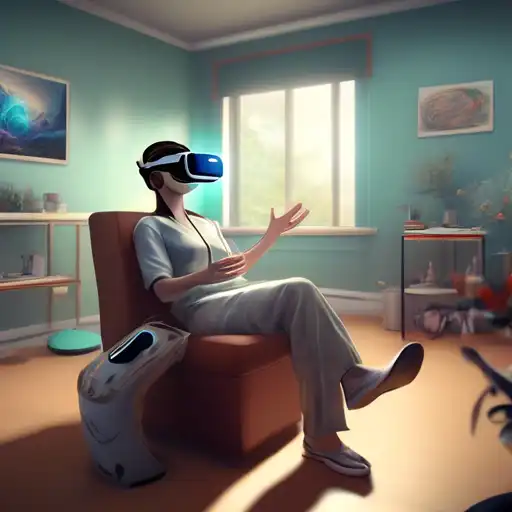The Transformative Role of Virtual Reality in Modern Therapy Practices
Virtual Reality (VR) technology has transcended its initial entertainment-centric applications to become a groundbreaking tool in the field of therapy. By creating immersive, controlled environments, VR offers unique opportunities for treating a variety of psychological and physical conditions. This article explores the innovative ways VR is being utilized in therapy, highlighting its benefits and potential for future applications.
Understanding VR Therapy
VR therapy involves the use of virtual reality technology to simulate environments where patients can confront and work through their issues under the guidance of a therapist. This method has proven particularly effective in treating phobias, PTSD, anxiety disorders, and even physical rehabilitation.
Key Applications of VR in Therapy
- Exposure Therapy: VR allows patients to face their fears in a safe, controlled setting, making it an ideal tool for exposure therapy.
- Pain Management: Studies have shown that VR can significantly reduce pain perception during medical procedures or chronic pain management.
- Physical Rehabilitation: VR games and exercises can motivate patients during physical therapy, improving engagement and outcomes.
- Social Skills Training: Individuals with autism or social anxiety can benefit from VR scenarios designed to enhance communication and interaction skills.
The Benefits of VR Therapy
VR therapy offers several advantages over traditional methods, including accessibility, cost-effectiveness, and the ability to tailor experiences to individual patient needs. Moreover, it provides a safe space for patients to explore and address their issues without the fear of real-world consequences.
Challenges and Considerations
Despite its potential, VR therapy faces challenges such as high initial costs, the need for specialized equipment, and limited research in some areas. However, as technology advances and becomes more affordable, these barriers are expected to diminish.
Future Directions
The future of VR in therapy looks promising, with ongoing research exploring its use in treating a wider range of conditions, including depression and eating disorders. As VR technology continues to evolve, its integration into therapeutic practices is set to expand, offering new hope for patients worldwide.
For more insights into how technology is revolutionizing healthcare, explore our articles on innovations in healthcare and the future of mental health treatment.
